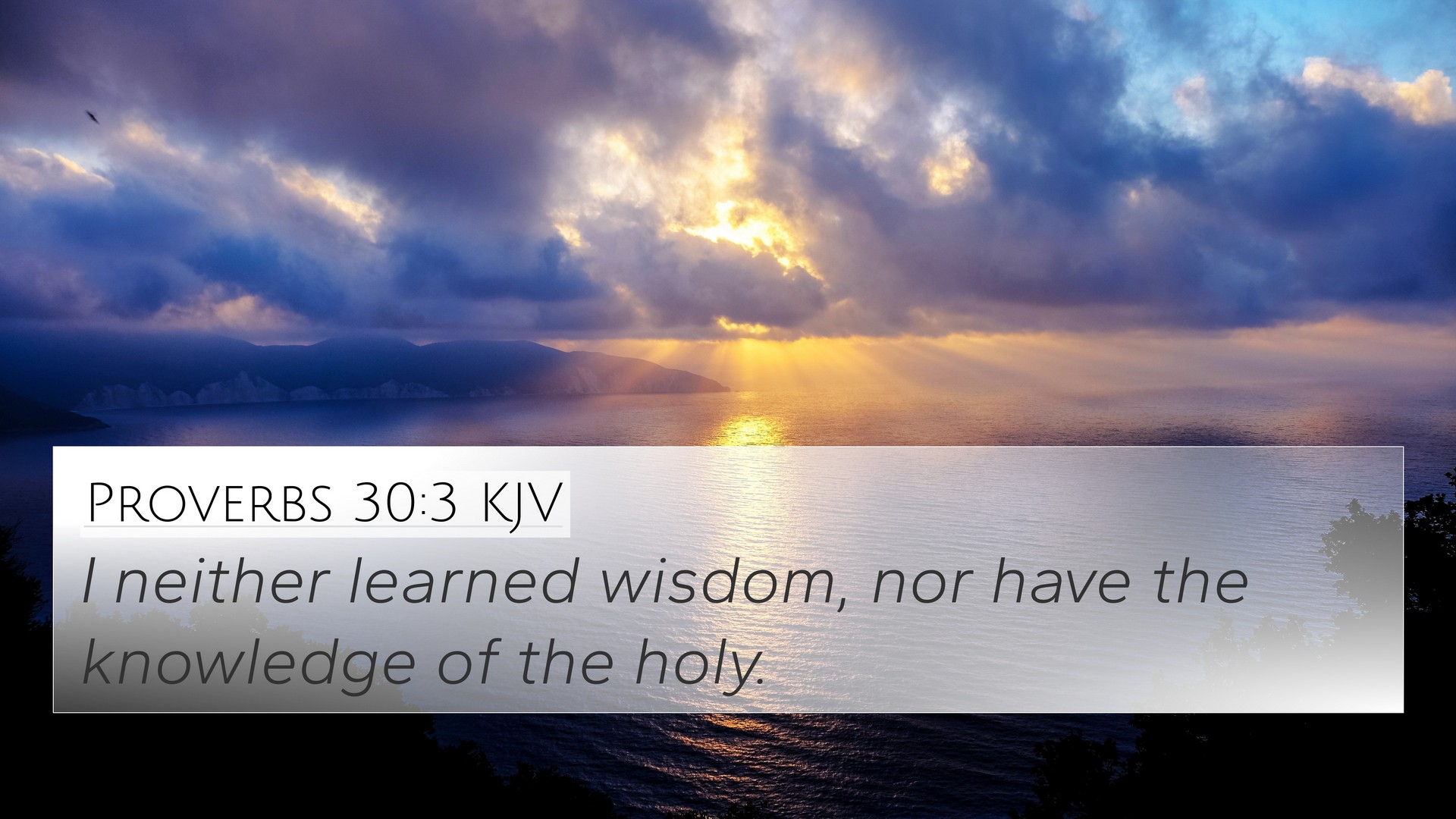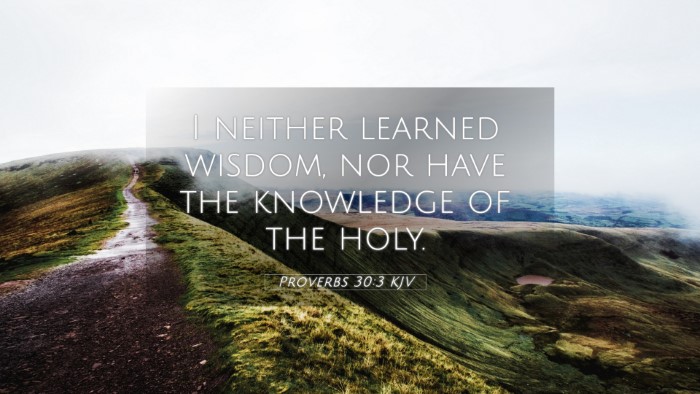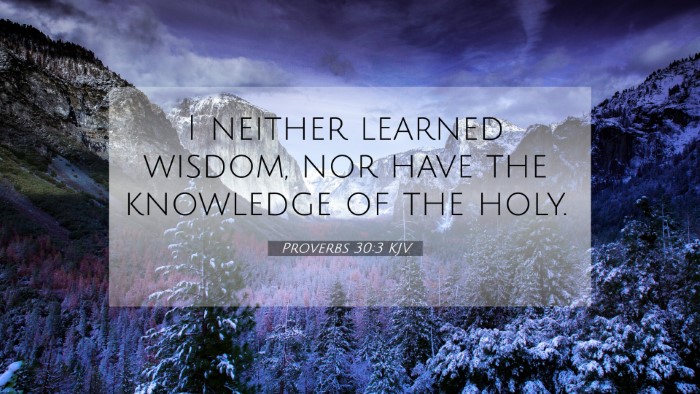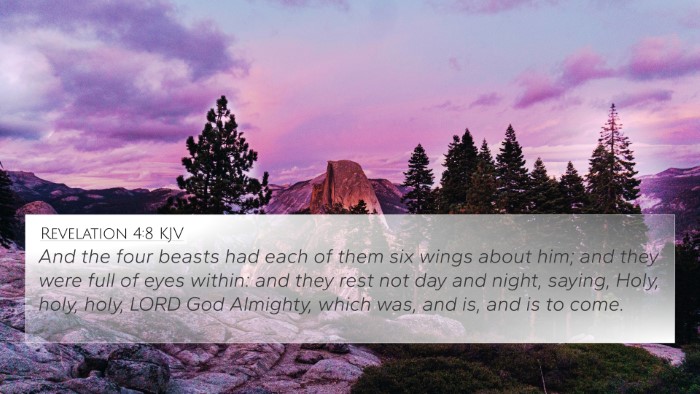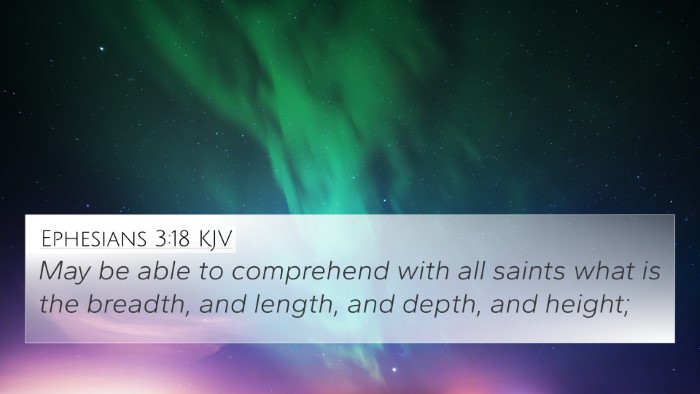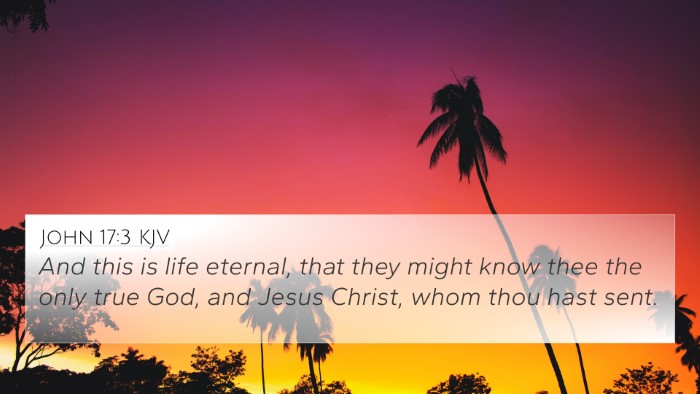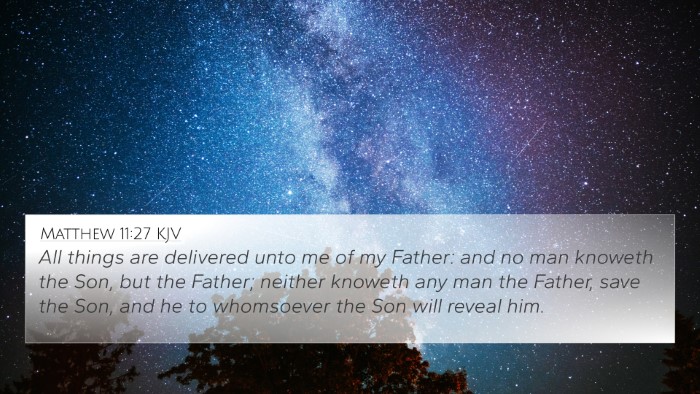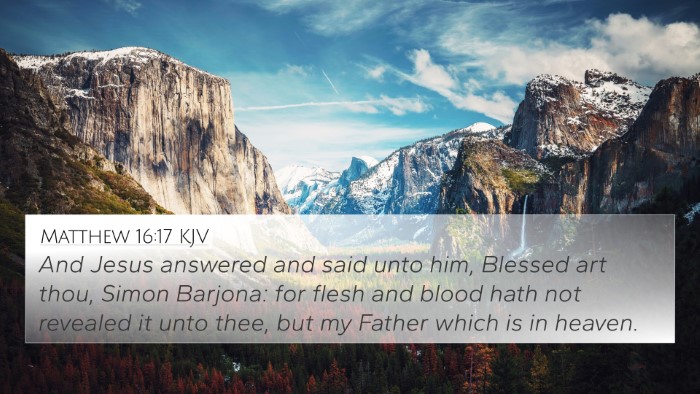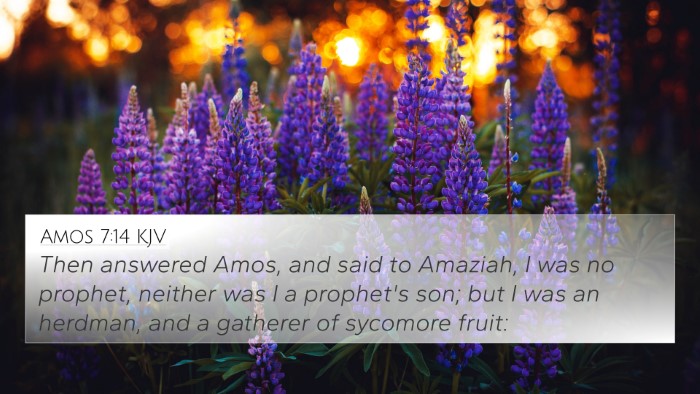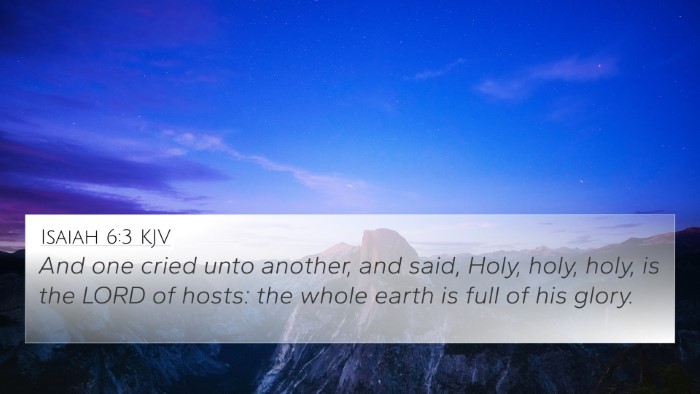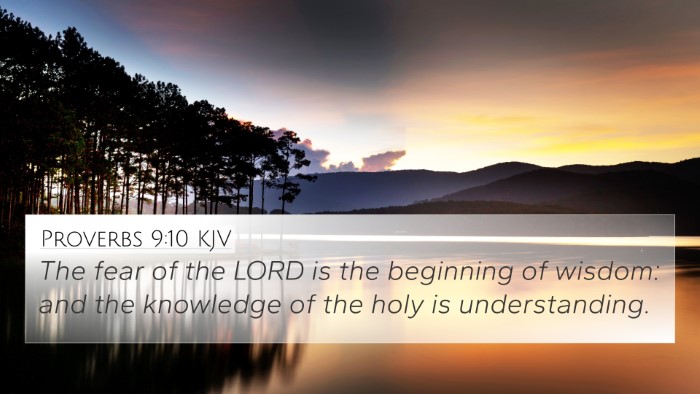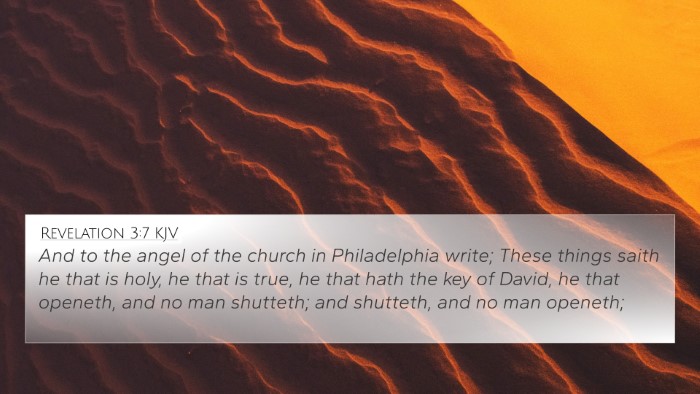Understanding Proverbs 30:3
Proverbs 30:3 states: "I have not learned wisdom, nor have I knowledge of the Holy One."
This verse reflects deep humility and acknowledgment of human limitation in understanding divine truths. Different commentaries shed light on the significance of recognizing our own limitations in grasping wisdom and the nature of God. Here is a summary of insights from selected public domain commentaries:
Insights from Commentators
-
Matthew Henry:
Henry emphasizes the importance of acknowledging one’s ignorance regarding the divine. He notes that true wisdom begins by recognizing one's own deficiencies and the ultimate source of wisdom, which is God. He reflects on the need for a genuine relationship with the Holy One to achieve true understanding.
-
Albert Barnes:
Barnes highlights that this verse is a confession of lack of wisdom and understanding. He explains that the recognition of not having knowledge reveals a heart that is open to learning. This humility is critical to receiving wisdom from God, as pride often blinds one to spiritual truths.
-
Adam Clarke:
Clarke discusses the importance of knowing God for true wisdom. He relates this to the understanding of creation and the moral laws set by the Creator. He suggests that wisdom entails more than mere knowledge; it requires a relational understanding with God as the Holy One.
Thematic Bible Verse Connections
Proverbs 30:3 is interconnected with several other biblical texts that reiterate themes of humility, wisdom, and the nature of God. Below are selected verses that relate to Proverbs 30:3:
- Job 28:28: "And unto man he said, Behold, the fear of the Lord, that is wisdom; and to depart from evil is understanding." - This verse connects the concept of wisdom directly to the fear of God.
- Psalms 111:10: "The fear of the Lord is the beginning of wisdom: a good understanding have all they that do his commandments." - Here, we see a parallel acknowledgment that true wisdom begins with reverence for God.
- Proverbs 1:7: "The fear of the Lord is the beginning of knowledge: but fools despise wisdom and instruction." - This echoes the need for humility and submission to divine guidance.
- Proverbs 9:10: "The fear of the Lord is the beginning of wisdom: and the knowledge of the holy is understanding." - A direct connection illustrating the relationship between knowing God and being wise.
- Isaiah 40:28: "Hast thou not known? hast thou not heard, that the everlasting God, the Lord, the Creator of the ends of the earth, fainteth not, neither is weary?" - This verse emphasizes God's eternal wisdom and power, contrasting human limitations.
- 1 Corinthians 1:25: "Because the foolishness of God is wiser than men; and the weakness of God is stronger than men." - A New Testament reflection on the superiority of divine wisdom over human understanding.
- James 1:5: "If any of you lack wisdom, let him ask of God, that giveth to all men liberally, and upbraideth not; and it shall be given him." - This verse reminds believers to seek divine wisdom actively.
Cross-Referencing Biblical Texts
In biblical study, cross-referencing is vital to gain a more profound understanding of scriptural themes. By considering related verses and contexts, one can capture the fuller picture of biblical wisdom and its source:
-
Tools for Bible Cross-Referencing:
Utilize resources like a Bible concordance to locate verses that speak to wisdom and understanding. A Bible cross-reference guide can also help in identifying thematic connections.
-
Bible Chain References:
Develop a chain reference study by linking verses that discuss wisdom, divine knowledge, and human limitations to deepen your understanding of Proverbs 30:3.
How to Use Bible Cross-References
For those exploring how to find connections between Bible verses, consider the following methods:
- Identify keywords present in specific verses, such as "wisdom" and "Holy One."
- Consult a Bible cross-reference system to see connections from one verse to another.
- Engage in comparative Bible verse analysis by examining verses that share similar themes.
Conclusion
Proverbs 30:3 serves as a reminder of human limitations in wisdom and emphasizes the necessity of knowing God. By recognizing our need for divine understanding, we open ourselves to the greater wisdom that God offers. Through the practice of cross-referencing these biblical texts, we can gain richer insights and a deeper relationship with the Holy One.
